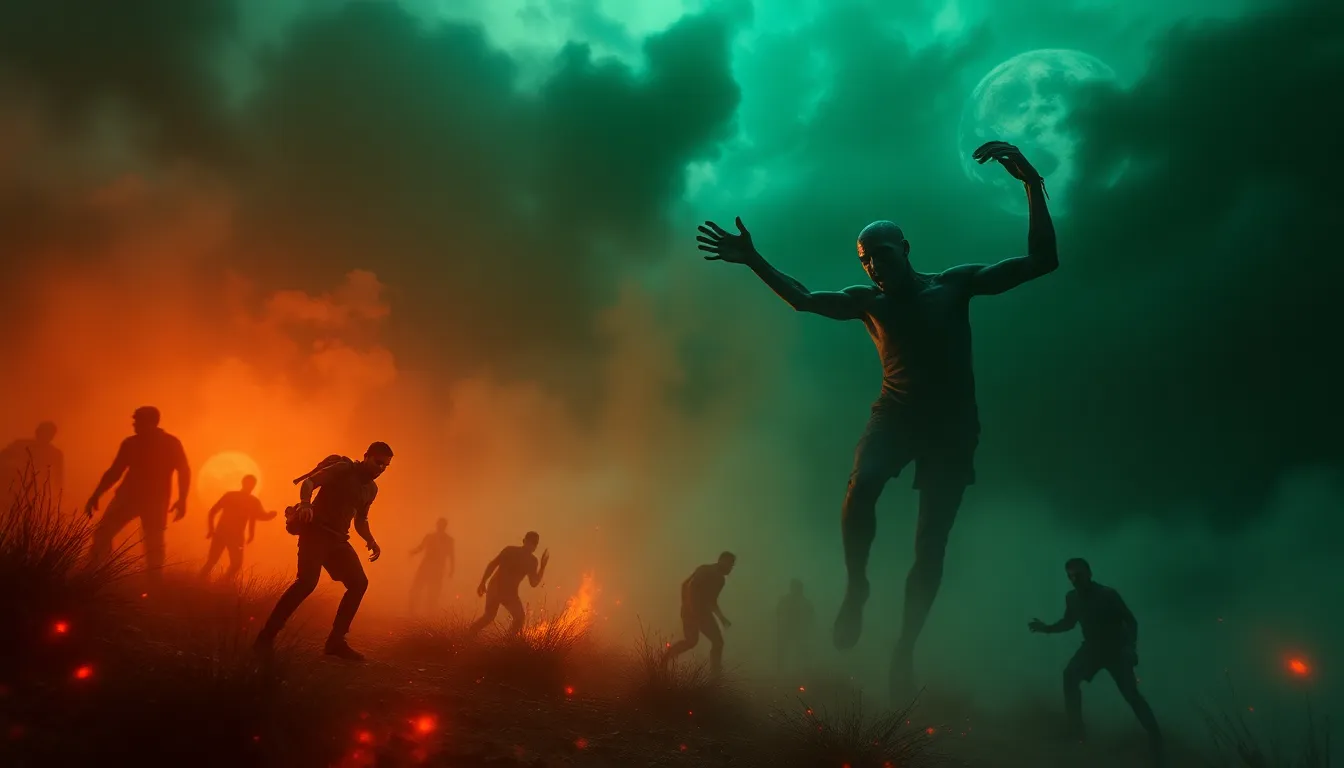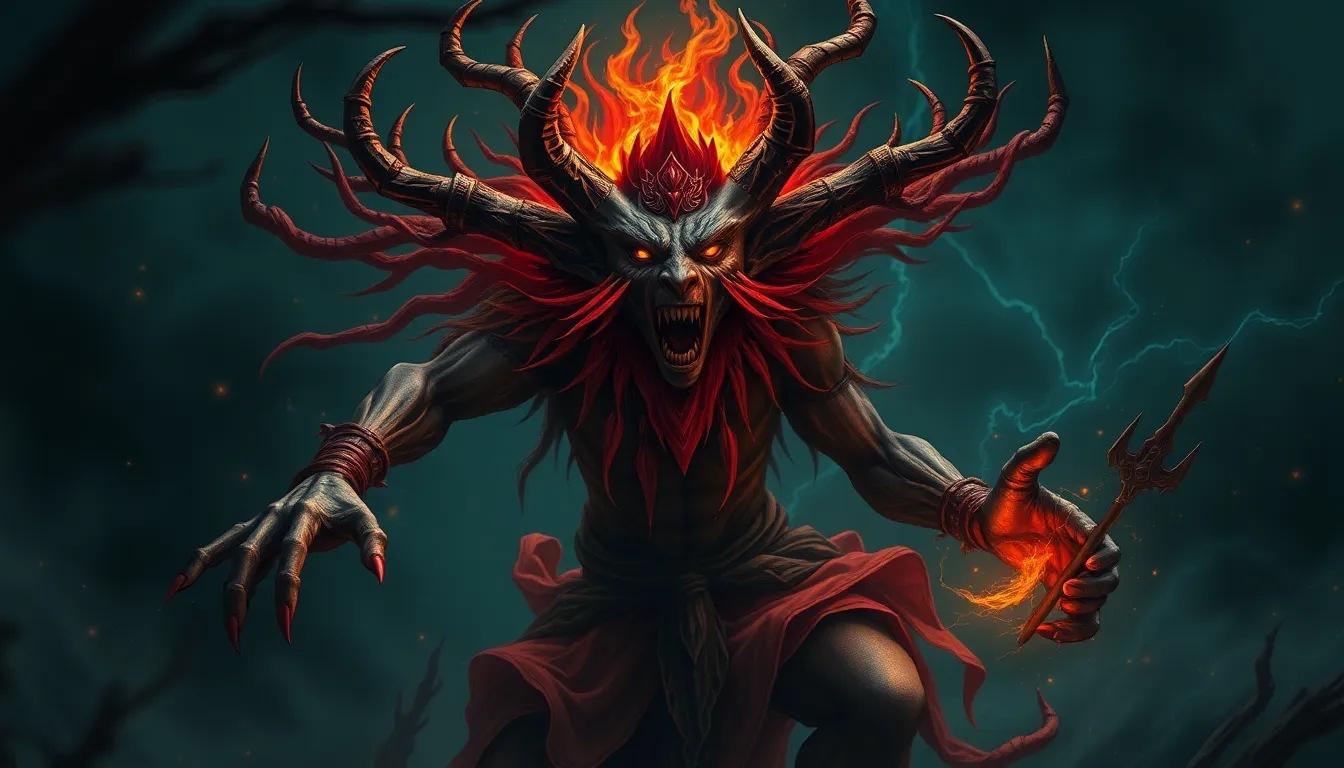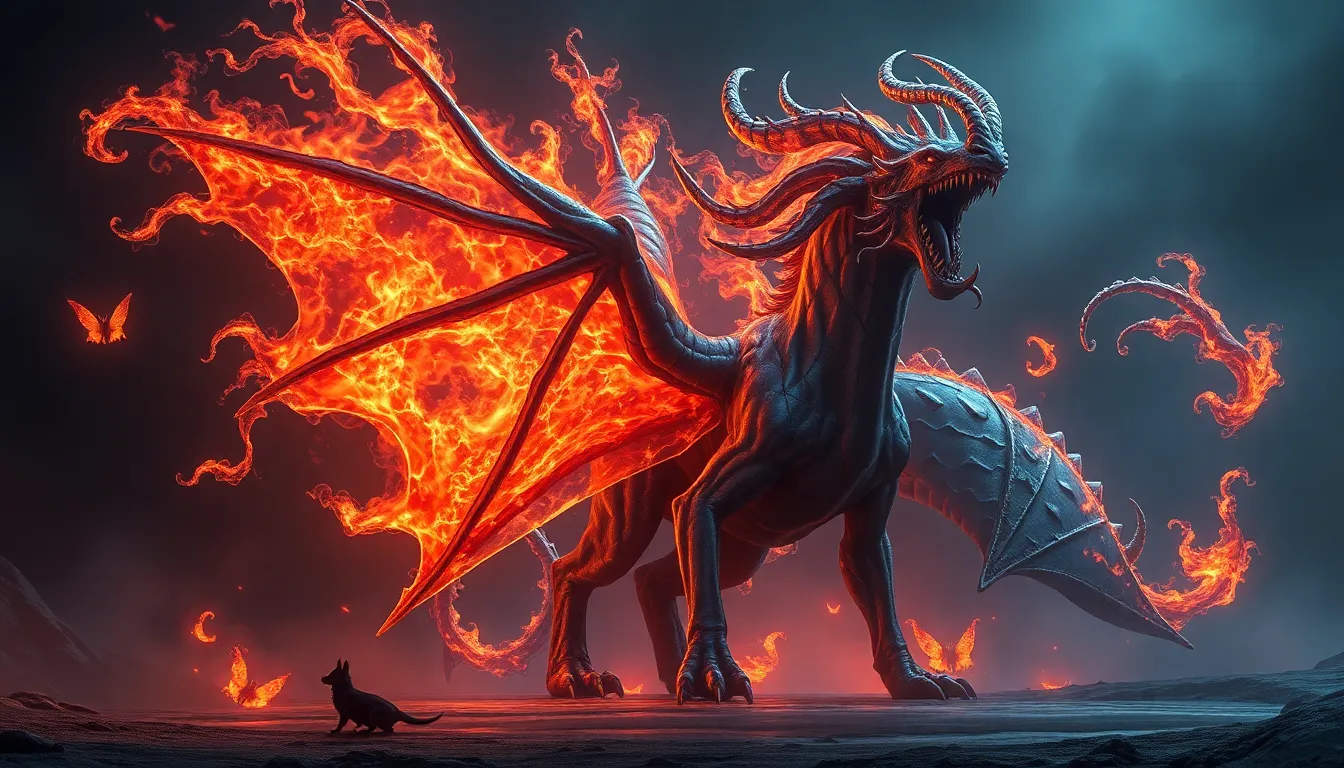Curses of the Undead: The Myths Behind Zombie Legends
Introduction: The Allure of the Undead
The concept of zombies has captivated human imagination for centuries. From ancient civilizations to modern pop culture, the allure of the undead has manifested in various forms. Zombie mythology spans across cultures, reflecting deep-seated fears, societal anxieties, and the mysteries surrounding death and the afterlife.
Zombies have infiltrated popular culture and media, becoming icons of horror and adventure. Movies, television shows, and video games have all contributed to the evolution of the zombie narrative, transforming them from folklore to modern archetypes. This article aims to explore the myths and beliefs that underpin zombie legends, delving into historical roots, cultural interpretations, and their representations in contemporary media.
Historical Roots: Zombies in Ancient Civilizations
The idea of the undead is not a modern invention. Ancient civilizations, such as Mesopotamia and Egypt, depicted spirits of the dead in their myths and religious practices. These early representations often involved the belief in an afterlife, where the deceased could return to the living world under certain conditions.
- Mesopotamia: Myths of the underworld featured spirits who could haunt the living.
- Ancient Egypt: The mummification process and the Book of the Dead illustrate the significance of preserving the body for the afterlife.
The significance of death and the afterlife in these ancient beliefs laid the groundwork for later zombie myths. Over time, the idea evolved, influenced by cultural changes and interactions with other societies, leading to the modern portrayal of zombies as mindless creatures preying on the living.
The Vodou Connection: Zombies in Haitian Culture
One of the most widely recognized origins of the zombie myth is found in Haitian Vodou. In this context, zombies are not just mindless monsters but are seen as individuals who have been brought back from the dead through sorcery. This practice involves the bokor, a sorcerer who possesses the power to control the soul of the deceased.
- Soul Imprisonment: The belief that a person’s soul can be captured and enslaved is central to the Vodou zombie narrative.
- Modern Misconceptions: Many portrayals in Western media have distorted the actual Vodou beliefs, leading to a sensationalized and inaccurate representation of zombies.
Understanding the Vodou connection is crucial for separating fact from fiction and appreciating the rich cultural significance behind the zombie myth in Haitian culture.
Literature and Folklore: The Evolution of Zombie Legends
Zombie folklore has evolved significantly over the years, influenced by various literary works. One pivotal text is “The Magic Island” by William Buehler Seabrook, which introduced American audiences to the concept of the zombie as a reanimated corpse. This work, along with others, helped to solidify the image of zombies in popular culture.
The transition from folklore to modern horror fiction showcases how societal fears and anxieties shape these narratives. Key aspects of this evolution include:
- The depiction of zombies as a metaphor for societal collapse.
- The portrayal of the undead as a reflection of human fears regarding death and the unknown.
As literature progressed, so did the complexity of zombie characters, transforming them from mere monsters to symbols of deeper existential dread.
Scientific Explanations: The Role of Disease and Parasitism
In addition to cultural interpretations, scientific phenomena have contributed to the zombie mythos. Certain real-life diseases exhibit zombie-like symptoms, such as:
- Rabies: This disease can cause aggression and a loss of motor control, leading to behaviors reminiscent of zombies.
- Catatonia: A state of unresponsiveness that can mimic the appearance of a zombie.
Furthermore, parasitic organisms like Toxoplasma gondii can manipulate the behavior of their hosts, leading to dramatic changes in personality and behavior. These scientific explanations provide a fascinating lens through which to view the zombie narrative, blending folklore with real-world phenomena.
Cultural Fears: What Zombies Represent in Society
Zombies serve as powerful symbols in contemporary society, representing various fears and anxieties. They often embody:
- Loss of Identity: The transformation from human to zombie reflects fears of losing one’s self.
- Consumerism: The mindless consumption associated with zombies has been interpreted as a critique of modern consumer culture.
- Post-Apocalyptic Scenarios: Zombies are frequently featured in narratives that explore societal collapse and survival.
Cultural context plays a significant role in shaping how zombies are perceived and what they represent, allowing for rich interpretations across different societies.
Modern Media: Zombies in Film and Television
The rise of zombies in contemporary media has solidified their place in popular culture. Iconic films such as “Night of the Living Dead” and television series like “The Walking Dead” have explored the complexities of survival in a world overrun by the undead.
- Evolution of Representation: Early depictions of zombies as mindless creatures have evolved to include more nuanced portrayals, exploring themes of morality and humanity.
- Video Games: Interactive storytelling formats have allowed audiences to engage with zombie narratives in new ways, enhancing the mythos.
The portrayal of zombies in modern media continues to evolve, reflecting ongoing societal concerns and fears.
Global Variations: Zombies Around the World
While Western zombie narratives dominate popular culture, various cultures around the world have their own interpretations of the undead. Some notable examples include:
- Japan’s “Gaki”: Spirits of the hungry dead, who are said to roam the earth seeking food.
- Philippines’ “Aswang”: A shape-shifting monster that embodies various fears and cultural beliefs.
These global variations highlight the diversity of zombie myths and how they reflect unique cultural contexts. Comparing and contrasting these legends with Western narratives reveals the universal themes of death, fear, and the unknown that underpin the zombie mythos.



